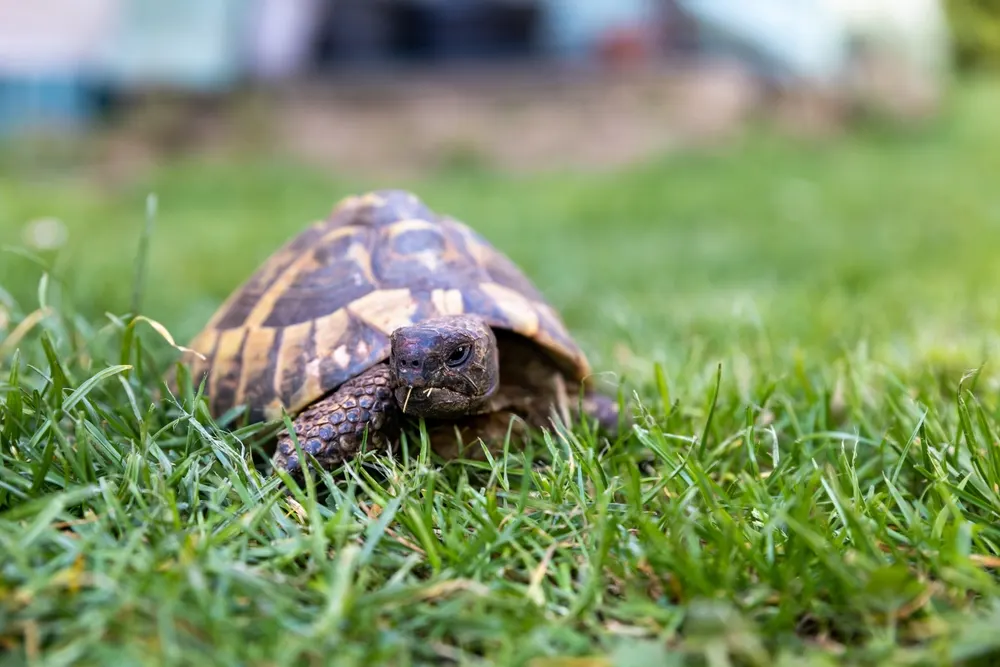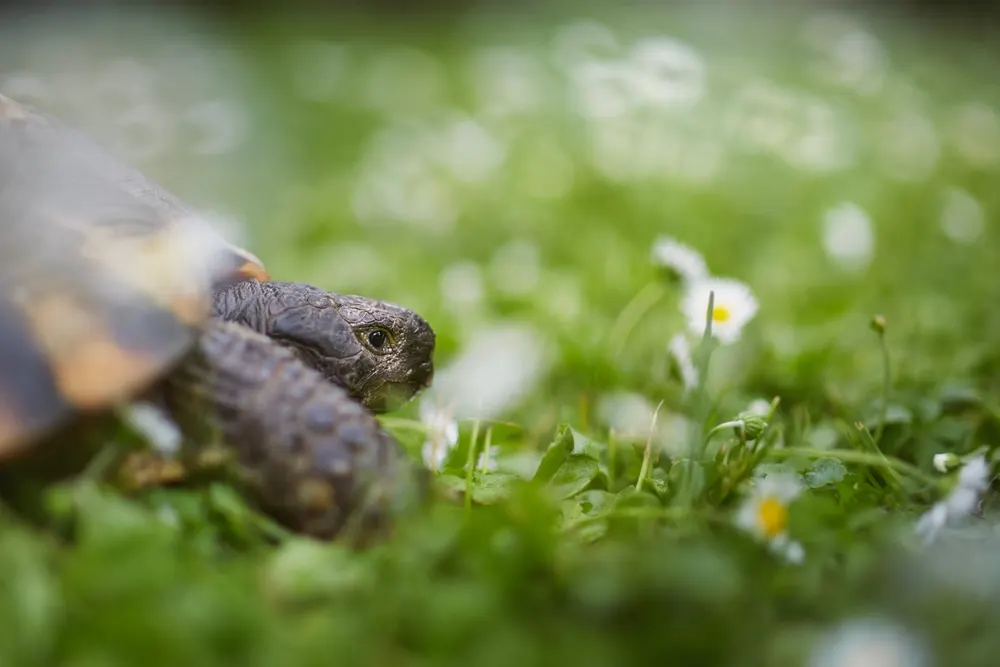
Got bugs in your yard? Almost everyone does! Whether it’s mosquitoes, flies, or other pests, outdoor activities can become unbearable.
But here’s a unique and fascinating solution: turtles. Yes, turtles can help repel bugs naturally.
The Science Behind Turtles as Pest Control
The idea of using turtles for pest control is supported by research. Studies have shown that turtles can significantly reduce pest populations.
For example, a 2007 study in the Journal of the American Mosquito Control Association found that juvenile red-eared slider turtles in mosquito-infested areas consumed large quantities of insect larvae, resulting in a 99% reduction in mosquito larvae over time.
Types of Turtles That Help
Several freshwater turtle species could visit your yard. Red-eared sliders are common and recognizable by the red markings on their heads.
Painted turtles, known for their colorful patterns, and snapping turtles, with their rugged appearance, are other species you might encounter.
Each species has unique behaviors and needs, so it’s helpful to research which turtles live in your area and how to attract them.
Attracting Turtles to Your Yard
If you want to use turtles for pest control, creating a turtle-friendly environment is easier than you think.
Start by providing a water source, like a small pond or water garden, as turtles need water for hydration and feeding.
Also, add plenty of hiding spots and basking areas with rocks, logs, and plants. Ensure the area is free from pesticides and chemicals that could harm turtles.
Additional Benefits of Turtles

Turtles do more than just control pests; they improve the health of your yard’s ecosystem. By keeping pest populations in check, they help maintain a balanced food web.
Traditional pest control methods often use chemicals that can harm the environment and non-target species, but turtles offer a natural, eco-friendly alternative. They target pests specifically, without disrupting the broader ecosystem.
Safety Tips for Having Turtles in Your Yard
While turtles are beneficial, it’s important to respect their space. They are wild animals and can carry germs like Salmonella.
Handle them only if necessary and use gloves or a towel if you need to move them. If you encounter an injured turtle or a potentially dangerous one like a snapping turtle, contact a qualified animal rehabilitator for assistance.
Avoid feeding turtles, as it can disrupt their natural foraging behavior and lead to dependency on human-provided food.
Turtles are adept at finding their own food, including the pests you want them to help control, so let them do their job naturally.
By creating a welcoming environment for turtles, you can enjoy a bug-free yard while supporting the local ecosystem. It’s a natural solution that benefits both you and the turtles.
